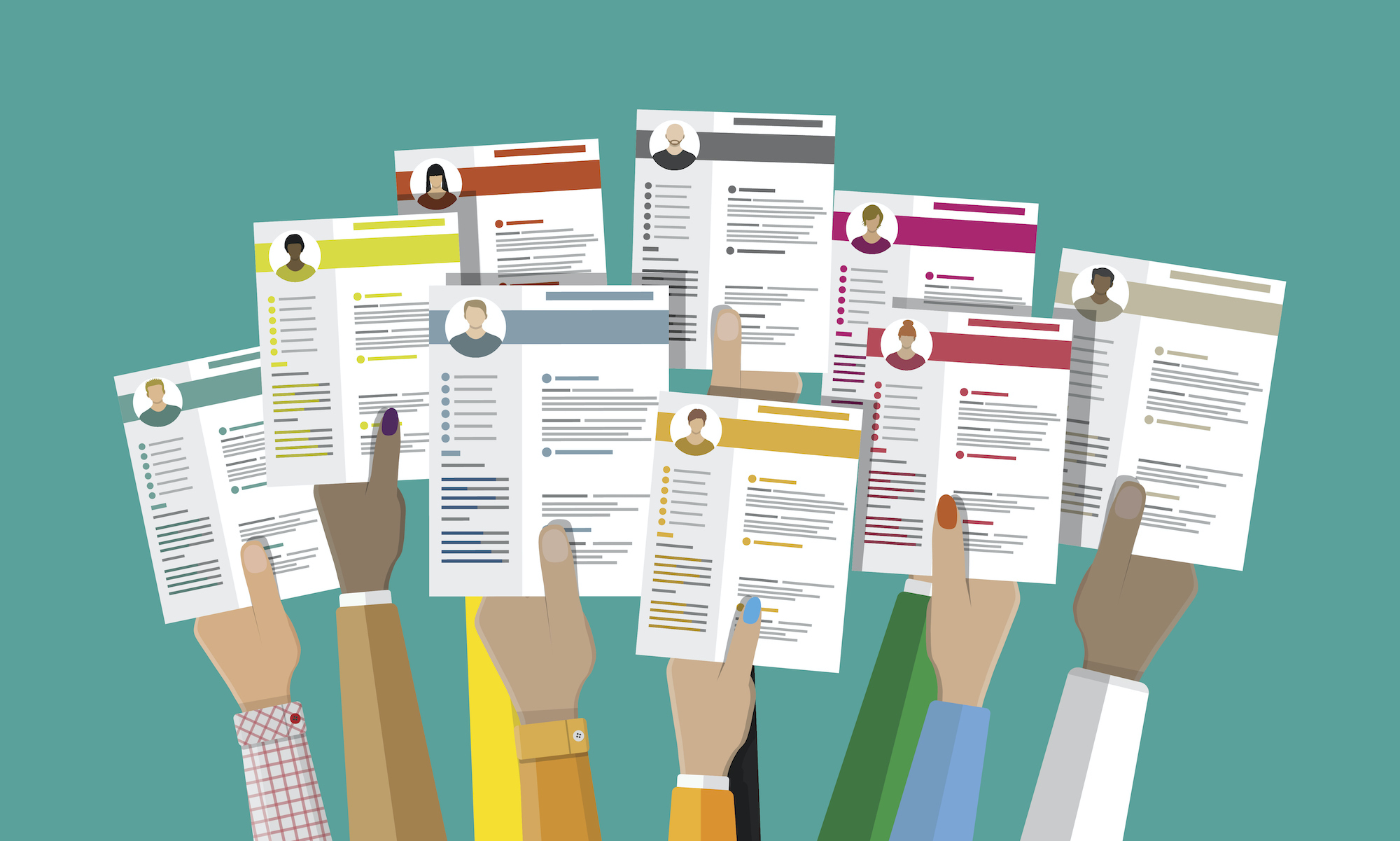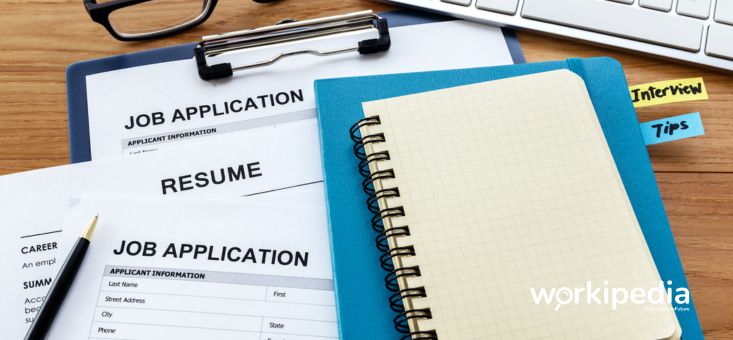
The Employee Side of the Coin
Imagine this: A job applicant has sent his resume to a hiring company. To him, he seems like the perfect fit. However, there’s been no response. How could this be? Why is this happening?
Let’s find out the reasons and try to uncover the correct way to approach the various scenarios.
Why hasn’t anyone contacted me?
There are a number of reasons why, almost all of which are out of your control, which may make it extremely frustrating for many job applicants.
When a company does not contact you, it may be because:
- The job has been filled
- They are still interviewing people
- Your email might be in a spam folder (so they’ve not even received your application)
- Management approval has not been granted (they might be on leave)
- You didn’t follow the instructions
- You might just not be the right fit
- You’re not following up
The hiring process takes time and you may not hear back from the potential employers right away (or at all).
Do not be disgruntled if you do not receive a reply, and most importantly do not take it personally! A survey by Randstad US found that it takes jobseekers an average of five months to be hired and, unsurprisingly, 82% called the process a “stressful experience”.
How long should I wait before writing a follow-up email?
Approximately 1 to 2 weeks.
More than 300 human resource managers were surveyed by staffing firm Accountemps and about 36% said that one to two weeks after resume submission is the best time for applicants to follow up.
And according to Forbes, “Job candidates frequently make one big mistake after an application/interview: Idly waiting for the employer to call with good or bad news.”
What should I include in the follow-up email?
In addition to good manners, you’d want your email to be concise, clear and filled with important details like:
- A clear subject headline
- The date that you submitted your job application
- Whether or not the application received
- The approximate time frame for recruiting process
- To ask if any additional information is required
- Remind why you’re interested in the position
- Most importantly, be courteous!
- And always keep it short
Read more on on how to effectively follow up on job applications.
When should I give up and move on?
As the old saying goes: “Don’t put all your eggs into one basket”.
Many professional recruiters have said that it is always prudent to start working on the next job application immediately after sending out one. But if you’ve not heard back from the company at least a month after your job application AND follow up email, it may be time to move on.
In Singapore, it takes approximately 25.4 days to hire according to company review website glassdoor.
What else can I do?
Start by taking positive and proactive steps, including:
- Updating your resume
- Acquiring new skill
- Getting help from a professional career coach
- Finding the right job using your skills

The Employer Side of the Coin
Is it important to always update job listing statuses?
Do not leave potential employees hanging. Why? If you take too long to contact an applicant or not at all, you may lose potential candidates to your rivals!
Surveys have consistently shown that bad experiences for applicants could hurt the hiring company in the long run, in a number of ways.
Remember, it is vital to keep job candidates in the loop.
By giving them a timeline and also following up with candidates (even those who are unselected), you avoid not only losing out on talent recruitment but also avoid hurting your company’s reputation and business.
Your company’s reputation is your brand! Social media and websites like “Glassdoor” (which allows members of the public to rate and detail their experiences with companies) can shape your overall brand. To ensure positive feedback, go the extra mile by replying to candidates.
Why should I reply follow-up emails?
“Thank you for applying. We have received your job application and will be in touch in the next three weeks.”
Not only is acknowledging a job application a polite thing to do, but it can also save you a lot of time and frustration.
By providing a time frame on when they could possibly be receiving a reply, you would not only be avoiding a constant barrage of emails from the applicants, they would also be less likely to be disgruntled and disheartened by your company due to the waiting time.
Read Also: Top Reasons Why Your Job Post is Not Receiving Any Applications
It is vital that you do not take too long after an application or interview to get back to the candidate! Many companies might not realise this, but having long and complex recruitment processes are actually harming your businesses’ chances of securing top talent!
According to a study of 500 Singaporean jobseekers, waiting too long for their preferred employer to give them a reply has resulted in more than 7 in 10 (74%) candidates taking a second-choice job offer instead.
Singaporean jobseekers also say that they may lose interest in a role if the hiring process takes too long.














